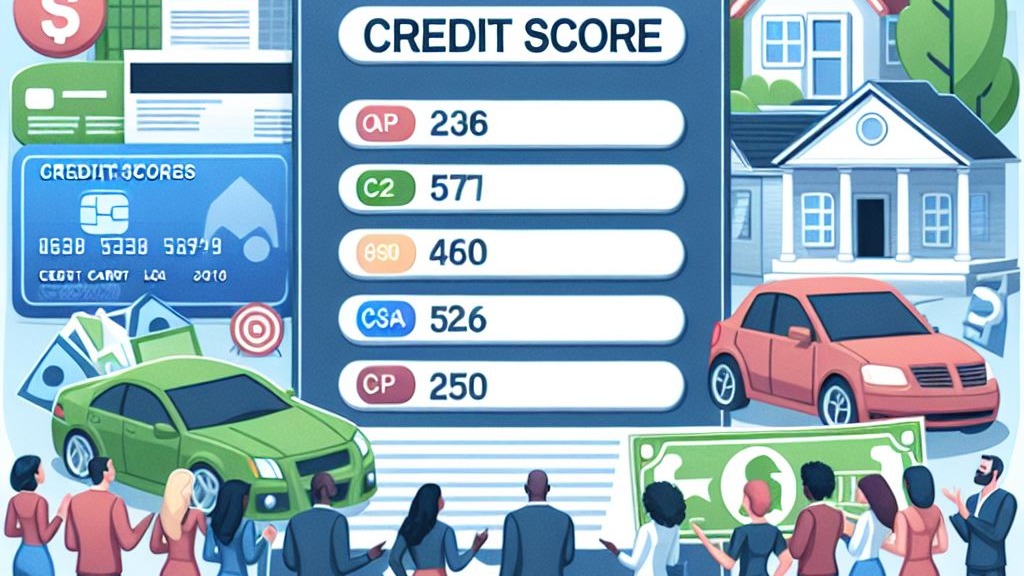Credit scores play a vital role in personal finance, influencing an individual’s ability to obtain credit, loans, and other financial services. A good credit score can open doors to better loan terms, lower interest rates, and greater financial flexibility. In this article, we’ll explore the importance of credit scores, how they’re calculated, and provide tips on maintaining a healthy credit score.
A credit score is a three-digit number that represents an individual’s creditworthiness. It’s calculated based on their credit history, payment history, credit utilization, and other factors. Credit scores range from 300 to 850, with higher scores indicating a better credit history.
How are Credit Scores Calculated?
Credit scores are calculated by credit reporting agencies, such as Equifax, Experian, and TransUnion. The calculation is based on the following factors:
-
Payment history (35%): On-time payments, late payments, and accounts sent to collections.
-
Credit utilization (30%): The amount of credit used compared to the credit limit.
-
Length of credit history (15%): The age of the oldest account and the average age of all accounts.
-
Credit mix (10%): The variety of credit types, such as credit cards, loans, and mortgages.
-
New credit (10%): New accounts, inquiries, and credit applications.
Importance of Credit Scores
Credit scores play a crucial role in personal finance, influencing:
-
Loan and credit approvals: A good credit score increases the likelihood of loan and credit approvals.
-
Interest rates: A higher credit score can lead to lower interest rates on loans and credit cards.
-
Credit limits: A good credit score can result in higher credit limits and better credit terms.
-
Employment and rental applications: Some employers and landlords use credit scores to evaluate applicants.
Tips for Maintaining a Healthy Credit Score
To maintain a healthy credit score, follow these tips:
-
Make on-time payments: Pay bills and debts on time to avoid late fees and negative marks.
-
Keep credit utilization low: Keep credit card balances below 30% of the credit limit.
-
Monitor credit reports: Check credit reports regularly to ensure accuracy and detect potential identity theft.
-
Avoid new credit inquiries: Limit new credit applications to avoid negatively impacting credit scores.
-
Build a long credit history: Establish a long credit history by keeping old accounts open and in good standing.
Common Credit Score Mistakes
Avoid these common credit score mistakes:
-
Not checking credit reports: Failing to check credit reports can lead to errors and negative marks.
-
Making late payments: Late payments can significantly lower credit scores.
-
High credit utilization: High credit utilization can negatively impact credit scores.
-
Applying for too much credit: Applying for too much credit can lead to negative marks and lower credit scores.
Conclusion
Credit scores play a vital role in personal finance, influencing loan and credit approvals, interest rates, and credit limits. By understanding how credit scores are calculated and maintaining good credit habits, individuals can enjoy better financial flexibility and opportunities.
Recommendations
-
Check credit reports regularly: Check credit reports regularly to ensure accuracy and detect potential identity theft.
-
Make on-time payments: Pay bills and debts on time to avoid late fees and negative marks.
-
Keep credit utilization low: Keep credit card balances below 30% of the credit limit.
-
Avoid new credit inquiries: Limit new credit applications to avoid negatively impacting credit scores.
-
Build a long credit history: Establish a long credit history by keeping old accounts open and in good standing.








